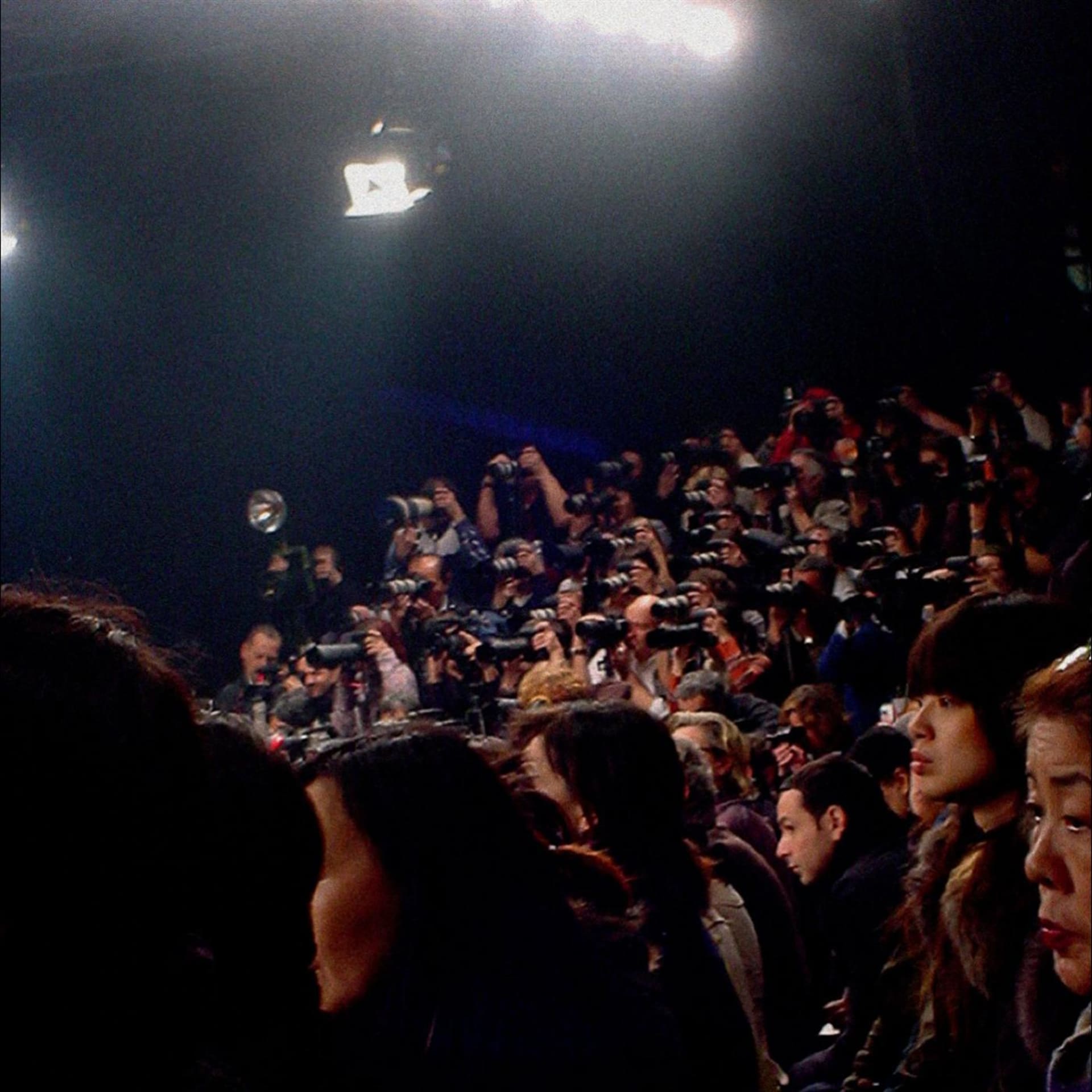
The Inner Life of Sounds: André Vida recommends Moritz von Oswald Trio’s Fetch
Hungarian-American saxophonist and composer André Vida is co-founder of the NYC collective Creative Trans-Informational Alliance and a frequent collaborator with musicians and artists as diverse as Oni Ayhun, Anthony Braxton and Tino Sehgal. His most recent release is the three- volume retrospective, Brud, put out last year by PAN Records. In the last issue of Electronic Beats he recommended Mati and the Music—a book on Mati Klarwein’s record covers.
The varied dimensions and sound worlds co-existing in the Moritz von Oswald Trio’s latest album, Fetch, has led me to think of several totally irrational metaphors to describe something I still can’t quite put my finger on. At first I invented some alchemical ritual where the paint scraped off a masterwork is reconstituted into a speaking body, but alchemy is such an incredibly unsatisfying metaphor to apply to excellent music—and so cheesy. Then I imagined collecting all of the money in the world and putting it into a pile to see if the value of our worldly experiences devoid of currency could simply be valued for what they are, and that sound would be some kind of currency but . . . what? Equally random. What I am scraping for here are the sounds. I want some metaphor that tells you how delicate and elegant these synthesized sounds are, draped against unpredictable live percussion, simultaneously driven by machine sequences, the three members hanging amongst each other, supporting both entropic and predictable tendencies at the same time. The music possesses that alertness that jazz musicians like Tony Williams or Wayne Shorter have used to elliptically shift everything in a breath or a blink. But the sounds themselves possess some inner life that I can’t figure out, as if they exist independently of us and are being reconstituted from some dormant state, each with its own sense of material memory. And I have been relistening over and over and over and still feel my ears extending from my tiptoes to try to figure out what it is that is so interesting and I still don’t know. I just know that it is.
My first encounter with the Moritz von Oswald Trio was about five years ago at the Unsound Festival in Krakow. We were playing the same night in a very communist feeling theater built in the seventies. The space itself somehow seemed to want to claim authorship of all content. I remember sitting on one of the top rows of the grand carpeted amphitheater and feeling there was something impenetrable about the performance. The mood was very strong, but not in an emotional sense—as if they were engaged in unspoken dialogue with the building and the time- expanding and time-contracting happening all around us. It sounded like they were tricking the stage into submission. Years later, while working on Ari Benjamin Meyers’ Symphony X in collaboration with choreographer Tino Sehgal, I got the chance to play with Max Loderbauer. I remember dancing around the seventy-minute notated score while the audience danced around the fourteen-piece orchestra . .. and then Loderbauer’s refined and precise solo synthesizer interludes came in, recentering the entire gravity of the room.
Later, we were working on some music together and after recording some ideas, there was a hard disc crash and he just said, “Well it wasn’t quite right—let’s try it again.” I really respect that philosophy, and I imagine it’s one shared by Vladislav Delay and Moritz von Oswald, the trio’s other members. That idea of doing things until they’re just right is often obscured by the deceptively easy tools of digital editing in all forms of twenty-first century music. In the process of recording a studio album, documents from the “golden age”—the sixties and seventies—haunt most musicians like historiated footnotes, engraved with such delicate precision that even the vinyl seems to point out how degenerate our age of laptops and digital resources is. On “Jam”, with the additional contributions of Jonas Schoen’s woodwinds, Sebastian Studnitzky’s trumpet and Marc Muellbauer’s bass, I hear the group pointing directly back at one of those Miles Davis footnotes with newfound awareness of the dangers of revision- ism; a refracted but almost more direct view of the highly edited visions of Teo Macero and Miles.
I remember hearing an amazing musician say that he didn’t want to talk about what he does because then he would understand it himself and that’s the last thing he would want. Perhaps the most frustrating element in talking about this album is that it says everything on its own terms. It just makes me want to make music, not talk about it. ~
Published January 24, 2013. Words by Andre Vida.
